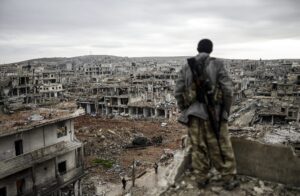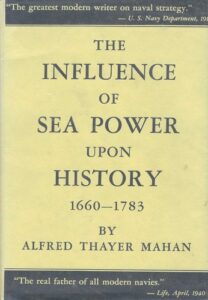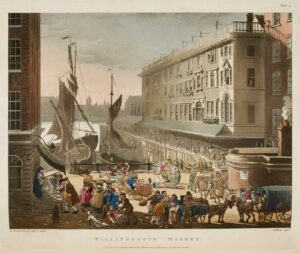The Outsiders
The two most obvious cases of outsiders in the International system are Iran and North Korea. This is because these countries have been known to be rogue states. The cooperation with these states is not normalized by the international system as evident through sanctions and embargoes placed on both countries.
I originally thought Iran and North Korea had been ostracized due to their human rights record, however, there are examples of other countries like Saudi Arabia and China who have maintained their status as “insiders” while still engaging in oppression of women and ethnic groups. (World Report 2024: Saudi Arabia | Human Rights Watch (hrw.org)) I found that Iran and North Korea have ostracized themselves by breaking one of the most important international norms which is engaging in nuclear proliferation.
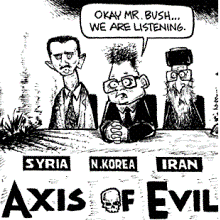
IAEA chief: Iran, North Korea and Syria not cooperating – Ya Libnan
France is an easy contradiction to this theory. France was not ostracized from the international system while seeking nuclear proliferation. France, similar to North Korea and Iran, sought to create a nuclear program to ensure it wasn’t dependent on any other countries for security. Iran and North Korea like France have both stated their nuclear weapons are for defense and to promote independence and sovereignty (North Korea and Iran on JSTOR).
Unlike North Korea and Iran, France has been willing to sign agreements like the NPT (NPT Treaty (un.org)). France is also much more open and willing to participate in diplomacy with other “insider states”. This openness and willingness to cooperate with other states have allowed France to overcome the view that its nuclear weapon pursuit is “rogue”. Dialogue and diplomacy has prevented France and other states from becoming stuck in a security dilemma and prevented France from being viewed as a nuclear threat (Law and Peaceful Change in a Subsystem: “Withdrawal” of France from the North Atlantic Treaty Organization on JSTOR).
Another nuisance to this theory I have is that Russia has remained an “insider” in the international system even though it has violated the sovereignty of Ukraine, has committed human rights violations, and has been viewed as a nuclear threat. I think that Russia has not been cast out of the International System due to many states viewing Russia’s aggression in Ukraine as understandable. States view this invasion as a means of Russian diplomacy. Russia is a historically insecure country that relies not on economic strength but rather on nationalism to forge state identity (The Sources of Soviet Conduct on JSTOR). With the rise of China and the U.S.’ continuing status as a global hegemon, Russia must continually prove itself on the world stage.
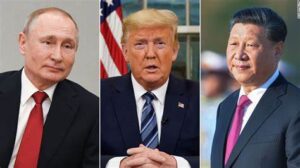
Since 2008 Russia has sought small territorial and status gains by intervening in Syria due to Western inaction and invading Crimea, Georgia and Ukraine. These actions have coincided with Obama’s shift in policy to focus on Asia and China specifically. In my opinion, Russia is trying to prove that they are an area that must be focused on, not just China. Furthermore, the world has a strong understanding of Russia due to the various reports and diplomacy that took place throughout the Cold War. Russia has also kept its status as an insider by engaging in treaties like the NPT and holding a seat on the UN Security Council (NPT Treaty (un.org)).
China has similar questions. China has a questionable human rights track record which has recently raised international questions regarding the treatment of Uyghur Muslims (World Report 2024: China | Human Rights Watch (hrw.org)). China possesses nuclear weapons and poses threats to state sovereignty. Similar to Russia, China is a member of NPT and holds a seat on the UN Security Council (NPT Treaty (un.org)). Furthermore, China has an extensive history and has been mainly domestically focused allowing it to appear as predictable.
Overall, the extensive knowledge of the nature of France, China, and Russia has allowed other “insider states” to view their nuclear proliferation as non-threatening. On the contrary, North Korea and Iran’s views as rogue regimes and our lack of knowledge of their internal affairs have made their pursuit of nuclear weapons much more alarming to insider states.
While these weapons may purely be defensive, unfortunately, Iran and North Korea’s unwillingness to provide transparency and work with other countries has led them to become outsiders in the international system. This combined with the lack of extensive diplomacy between the insider state and North Korea and Iran has contributed to the view of these countries as being “rogue states” and outsiders. If both of these countries do choose to engage in greater dialogue and diplomacy with other states, as well as show they are willing to make concessions and work to limit their nuclear programs, they may be able to become “insiders”.
